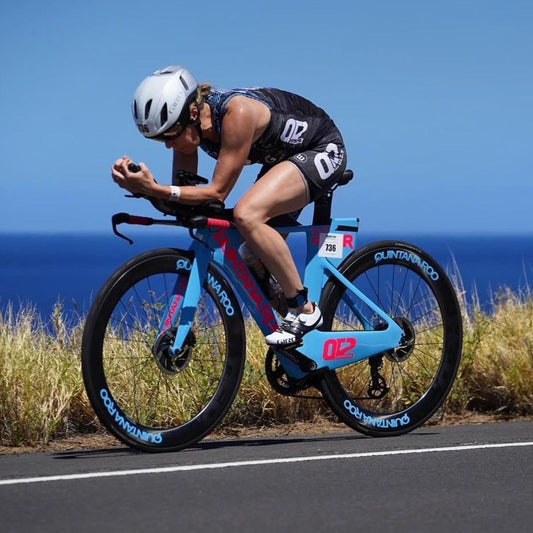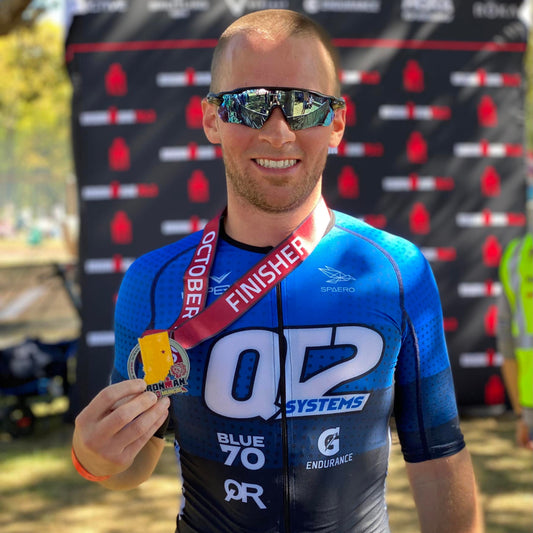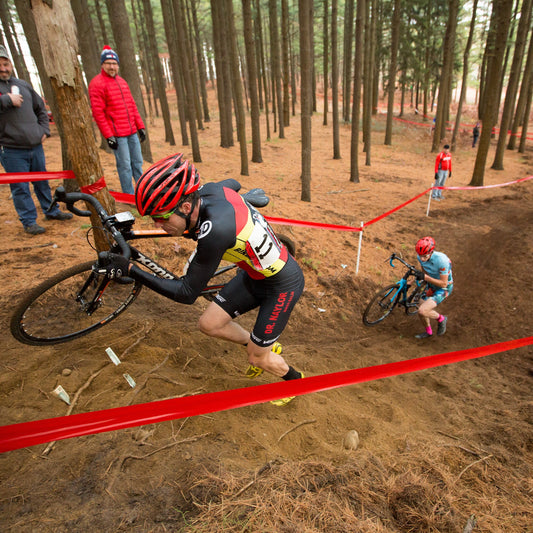
I think I see this one more than anything else: People training too hard or doing stupid things that kill consistency. This is the “magic bullet” type approach that doesn’t bode well for long term progress or meeting one’s potential. Just like everything in life, people try to take the easy route. Here are some points to consider while thinking about training protocols as I have seen them relative to the various athletes I’m in contact with:
1) Most people train to hard most of the time and not hard enough the rest of the time. Most people never allow themselves to develop significant training volume for their race distance. Durability is the name of the game in ironman, which comes through volume (and experience). If you train too hard most of the time, you’ll never build enough volume to get the durability you need without facing injury or burnout. Also, since you go too hard between key workouts, your peripheral system ends up too cooked to push previous limiters on the quality days.
2) Training too hard most of the time leaves you sick and injured. Sick and injured means no training. ANYTHING that kills training consistency is something that’s not worth doing. Consistency is the absolute key to long-term progress. Its simple….put large amounts of oxygen through your body over years. Sure, you may have a great race here or there with constant intense training but no consistent results and almost no long-term progress.
3) Most people that train too hard are looking for short term results without proper focus on the long term. Sure, if you were out of shape and looking to race a 5 miler in 8 weeks, your best route to success is probably higher intensity work. However, if you are looking to improve year after year and PR each race distance each year by 2-3%, this is no way to do it. Stop focusing your training on a race-by-race basis and give it some longer-term perspective. If you try this approach and tone things down a bit, at first there will be a net reduction in training load due to the reduction in intensity; you may actually get slower at first. As your body becomes more efficient in aerobic energy production you will almost always catch up to and surpass previous PRs. This process typically takes about 10-15 weeks to start seeing benefit.
4) This is a topic you see studied very ofen: they take one group of athletes and do intervals over a 12 week period and take another group who does double the volume in aerobic zones only. Over 12 weeks of the study the interval group is better shape. Now let’s take that same test and run it over two years having the interval group do high intensity work every time they step out the door. They’d be lucky if they can run at all at the end of the 2 year period! High intensity training is very potent and should be used sparingly.
5) Of course it's more fun to go out and hammer every run, and race the guy on the other side of the street that you know is trying to out stride you. This is another situation where I’ll use the term “sacrifice”. Instead keep focus on the long term and hold your aerobic zone….save it for race day.
In my own experience at triathlon when I first started racing, I was slow. People were beating me in my age group for years at all distances….I wasn’t born fast. These were folks that were either born fast or trained hard and intensely for about half the year and did nothing the other half or were injured. Most of these people now either don’t race because of injury/burnout or finish well behind me. It took patience over 6-8 years of consistent training with no more than 3 weeks off each year, no injuries that side lined me, and big sacrifice. I was happy with a steady progression of 2-3% improvement each year and PRs EVERY SINGLE YEAR at EVERY race distance. Believe me, it feels much better to PR 5 races a year than just “finish” 10 and crush every training partner you have on training days.
These people who train for the short term glory some how don’t see there vicious cycle over the long term: 1) train hard and intensely for about 8 weeks and then race well (or so they think), 2) get injured and miss about 8-12 weeks of training, and 3) train hard and intensely for about 8 weeks and race well again at about the same level they did last time…. very little long term progress.
This same argument goes for those that just do stupid high volume without any focus on progress or performance. More doesn’t always mean better.
There is no magic….
This post was written by Past PRO Coach, Founder & Board Member, Jesse Kropelnicki.





